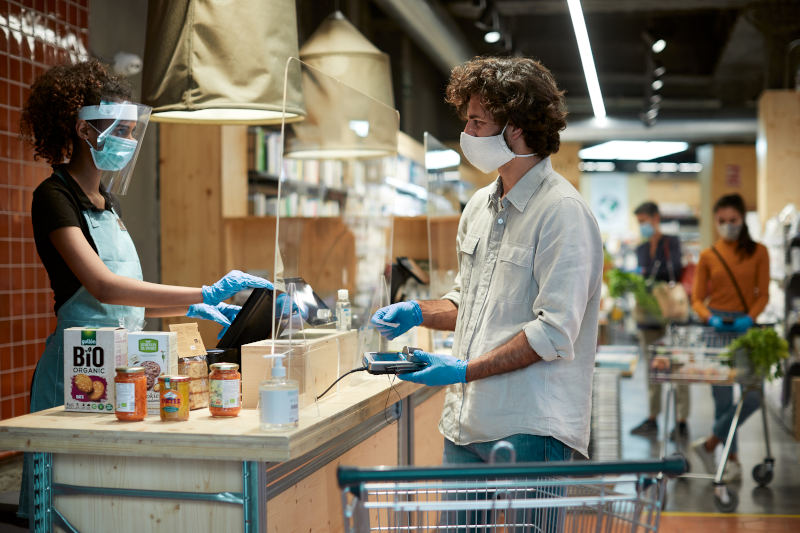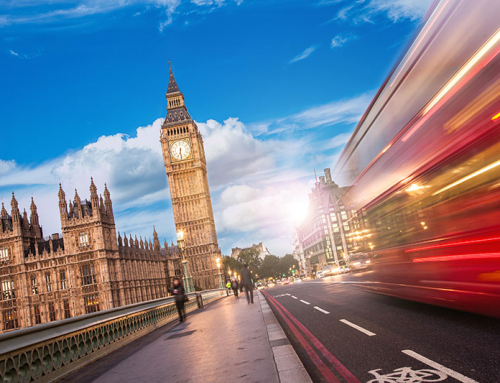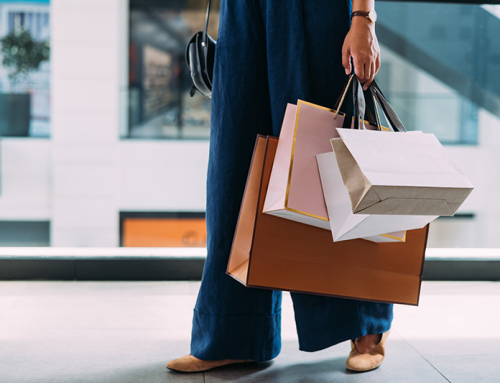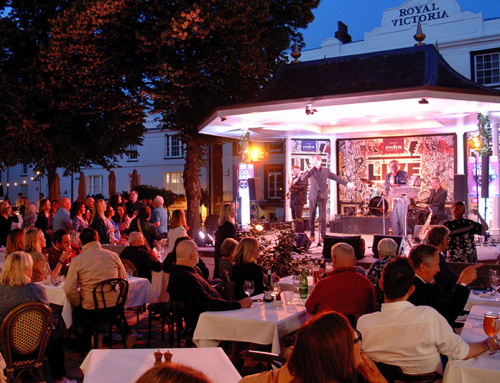The pandemic has highlighted community spirit and localism. People have taken to shopping where they live and local retailers have come to the fore – as a result, a sense of loyalty has emerged.
With emotions running high, people are seeking to preserve the new connections they have made whilst under stress. If an individual already possessed a strong sense of ‘belonging’ to their local community prior to the pandemic, this has likely been intensified or enhanced by the crisis.
While an online presence has never been more vital, emerging from the first lockdown, customers demonstrated a persistent appetite for in-store shopping. In response to the surge in demand, many independent retailers have adapted, served and won loyal customers over the past eight months.
Will this change in consumer behaviour transform the high street beyond coronavirus? In the years to follow, will localism and community become more important than ever?
The future
The consumer drive to support local businesses existed prior to COVID-19 – a trend that has been greatly accelerated by recent lockdown measures. People have been ‘forced’ to shop local due to travel restrictions, as a result many have had their eyes opened to the plethora of fantastic local businesses on their doorstep.
As restrictions ease, it’s highly likely that shoppers will recognise and support the establishments that truly have the interest of the community at heart. These venues that have adapted to meet the needs of their consumer will be favoured over the ‘usual suspect’ chains who prioritise profit over all else.
Middle-market brands that offer no differentiation and private equity-backed businesses who have over-expanded, will likely fall victim of the coronavirus recession. Predictions of a more streamlined high street, comprised of residential and office space are likely to be accurate in the medium to long-term. Decreased rents and rates will also enable local retail entrepreneurs to colonise the remaining vacant properties and flourish.
Leveraging the internet
With the internet presenting fantastic opportunities for consumer growth, ambitious entrepreneurs now have access to the same effective marketing tools as large firms. Independent retailers are able to foster a dialogue with their audience and instil their business with a comforting vernacular touch. This has been essential in strengthening the bond between smaller shops and their customers, who appreciate the attentive one-to-one service offered by social media.
In Royal Tunbridge Wells, the independent stores at The Pantiles were notably busy, prior to the second lockdown. Social media has been vital in driving footfall for tenants, as they’ve been able to showcase unique bespoke items – foreign to big brands such as M&S, Fenwick and Boots. This further fuels the theory that the independent market will surge in the new year.
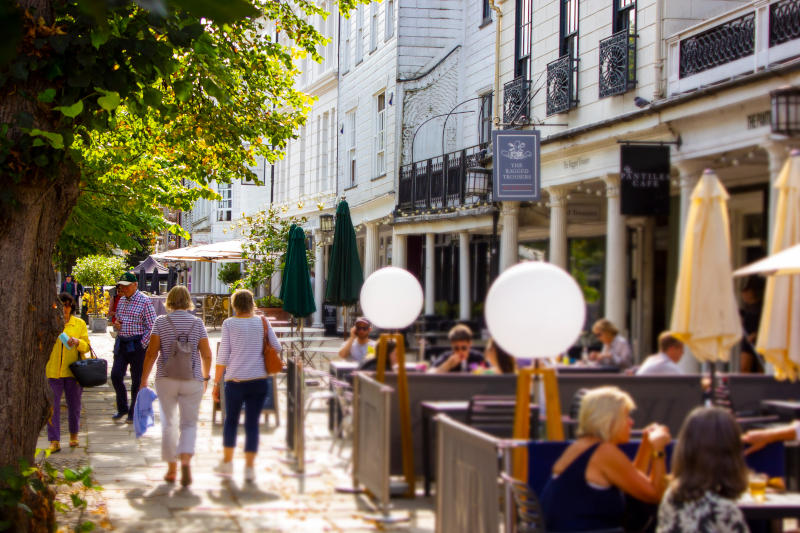
Targetfollow
At Targetfollow, we have long recognised that independent businesses are the future of the retail and hospitality sector. Our work with tenants at both The Pantiles as well as Salle Moor Hall Farm are examples of this and we look forward to further successes at both locations.
The Pantiles looks to be the ideal location for Christmas shopping this year. The asset’s variety of independent stores offer gifts, houseware and even sparkling jewellery – easily accessible to every Royal Tunbridge Wells resident.
We recognise the natural symbiosis between the site and the tenant – and our work at Sale Moor Hall Farm is one of our best examples of this. This asset thrives on the passion of individuals, with services and products ranging from glamping to a craft brewery – 2021 looks to be an exciting year for this wonderfully rural location.


